Undergraduate Major Programs
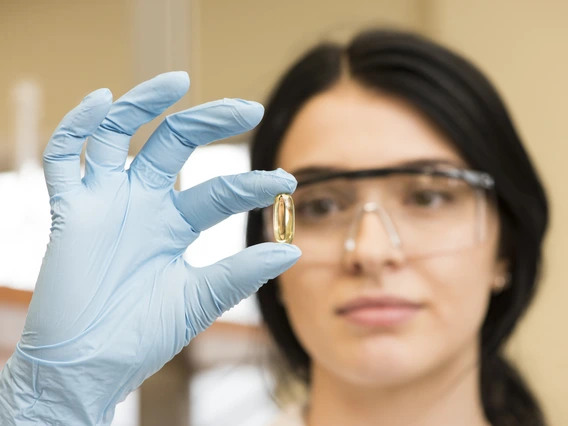
Applied Biotechnology
Build a solid foundation in microbiology, plant biology, food science, and nutrition with hands-on learning alongside faculty mentors and industry partners as you learn how to use microorganisms and plants in modern food production, medicine, and the chemical industry in biosciences careers in agriculture, food, or manufacturing.
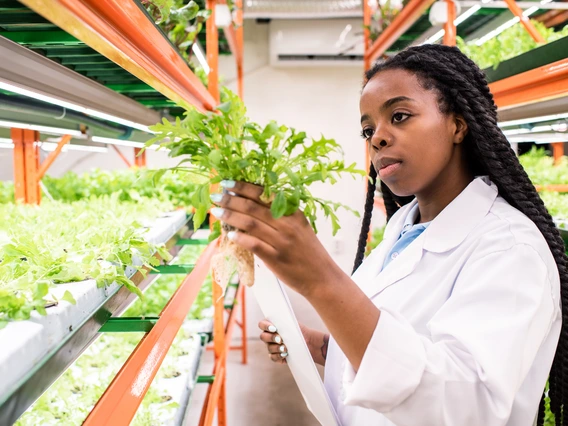
Applied Biotechnology
Industrial Plant and Microbial Biotechnology Emphasis
Learn how to use plants and microbes to develop products and technologies that help improve our lives and the health of the planet with applications in many fields, such as agriculture, food processing, medicine, and the industrial production of biomolecules, biofuels, and other chemicals.

Bioinformatics
Apply computational techniques to manage, analyze, and understand biological information with highly sophisticated computational algorithms and tools coupled with the deep biological knowledge. The degree program will provide you with the knowledge and expertise in both computational and biological domains necessary to be competitive in this rapidly growing field.
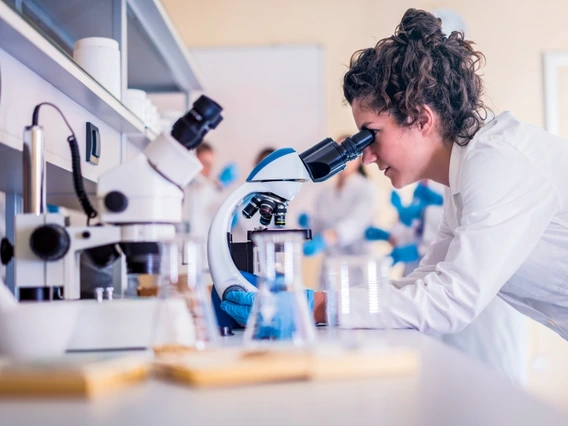
Ecology and Evolutionary Biology
Explore evolutionary ecology and genetics in the first department of its kind in the world. Prepare to pursue graduate study or a career such as scientific journalism, developing environmental and scientific policy, or practicing law in related fields through core courses in genetics, ecology and evolution, and additional opportunities for independent research.
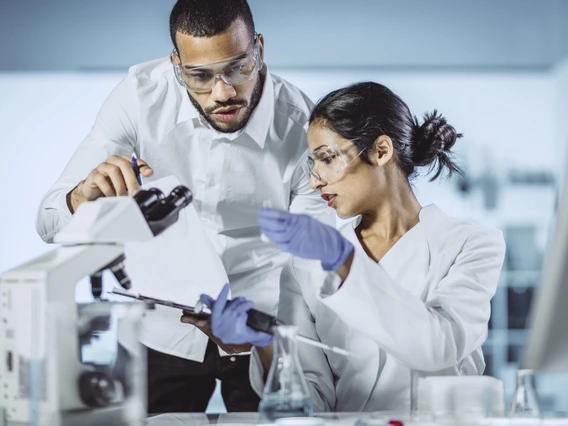
Molecular and Cellular Biology
Fast-track towards a graduate degree with courses in genetics, physics, chemistry, hands-on experience in laboratory research, honors thesis work, capstone experiences, and opportunities for full-time, paid summer research opportunities with renowned faculty. Complete an undergraduate and graduate degree with just five years of study through the Accelerated Master's Program.
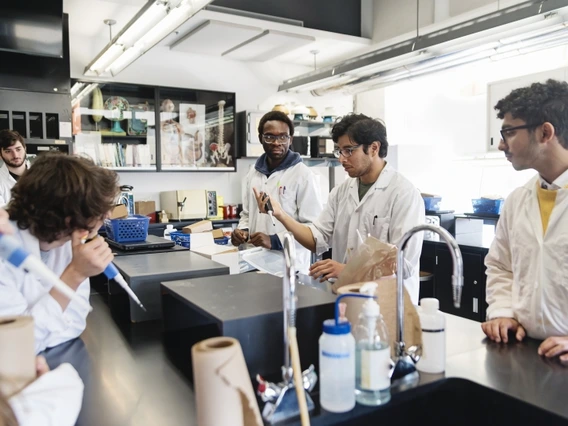
Molecular and Cellular Biology
Education and Communication Emphasis
Prepare for career in teaching, journalism, or research writing that includes your passion for biology. Become proficient in chemistry, math, physics, ecology, and biology and complete courses in science learning and journalism to grasp methods of imparting key evidence-based data, analysis, and findings to the general public.
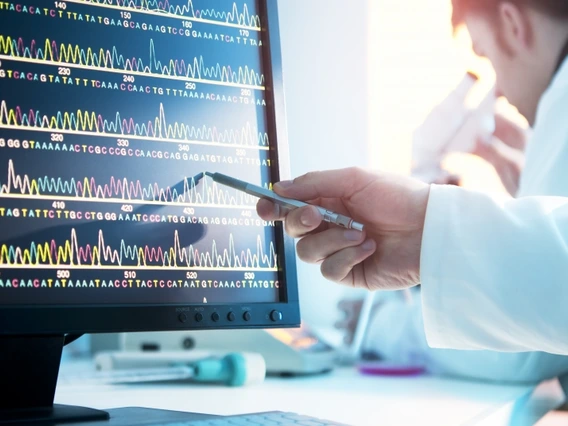
Molecular and Cellular Biology
Genetics and Human Health Emphasis
Home in on human health and study genetics, human disease, biochemistry and physiology, and gain firsthand research experience. Establish a foundation if you want to pursue advanced degrees, often in an accelerated format, and for to enter the job market proficient in laboratory processes and research presentation.

Molecular and Cellular Biology
Systems and Big Data Biology Emphasis
Learn about applications of data science to research and analysis methods and the communication of findings in courses in mathematics, statistics, computing, and core coursework in biology, participate in laboratory research through the senior thesis and capstone units, and graduate ready for graduate-level study and careers that are in high demand.
Environmental Themes
Career Fields












